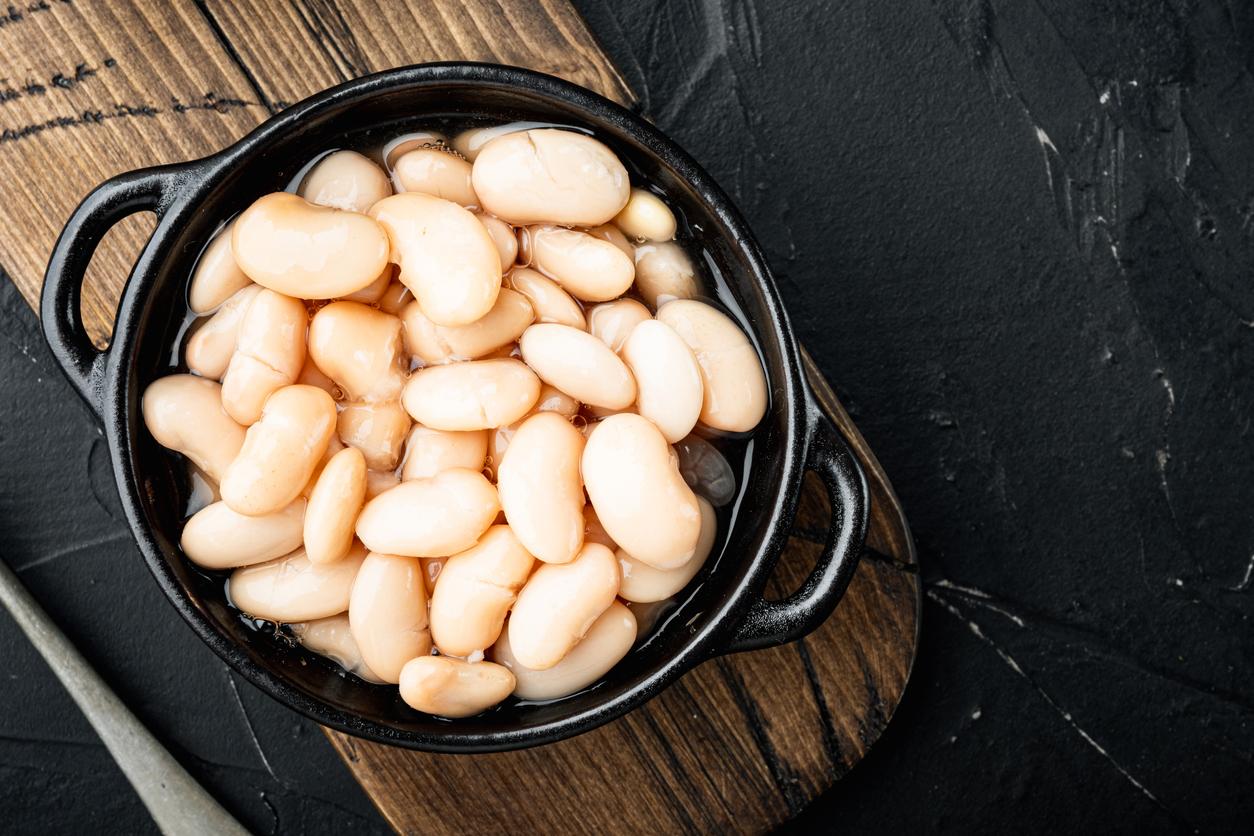By promoting the proliferation of bacteria positive for the intestine, walnuts would be beneficial for cardiovascular health.

Nuts are very beneficial for health. In particular, it has been proven that they improve the quality of orgasms and erectile function, that eating them during pregnancy would have a positive influence on brain development for the child or that they would be effective in protecting diabetics from possible cardiovascular diseases. Today, a new study published in the journal Journal of Nutrition goes in this direction. According to the researchers, by promoting the proliferation of bacteria positive for the intestine, walnuts would contribute to cardiovascular health.
As part of a randomized controlled trial, researchers followed 42 overweight or obese people, aged 30 to 65. The participants were first put on a “normal” diet for two weeks. Then, they were assigned to different diets, all of which included less saturated fatty acids. The first group had to eat whole nuts, the second had a diet with the same amount of alpha-linolenic acid (ALA) and polyunsaturated fatty acids but no nuts, and the last had a diet that partially substituted the oleic acid (another fatty acid) to the same amount of ALA found in nuts but, again, without them.
In all three diets, nuts or vegetable oils replaced saturated fat. All participants followed each diet for six weeks with a break between each change. The researchers collected the stool samples 72 hours before the participants finished the “normal” diet and each of the three diet periods in the study.
Protection of the intestinal mucosa
The result: there were significant associations between changes in gut bacteria and the risk of heart disease.
“The nut diet enriched a number of gut bacteria that have been associated with health benefits in the past,” says Kristina Petersen, assistant research professor at Penn State (Pennsylvania, USA). “One of these is Roseburia, which has been associated with protecting the intestinal lining. We also saw an enrichment in Eubacteria eligens and Butyricicoccus”, she continues. Eubacteria eligens has notably been associated with lower blood pressure, as has Lachnospiraceae. The latter would also reduce cholesterol.
For Regina Lamendella, associate professor of biology at Juniata College (Pennsylvania, USA), these results show how people can have a positive influence on their gut microbiota. “Foods like whole nuts provide a diverse range of substrates — like fatty acids, fiber, and bioactive compounds — for our gut microbiota to feed on. In turn, this can help generate beneficial metabolites and other products for our body,” she explains.
Eat 50 to 80 g of nuts per day
“Replacing your usual snack — especially if it’s unhealthy — with nuts is one small change you can make to improve your diet. Substantial evidence shows that small improvements in diet are very beneficial to health. Eat two to three ounces of nuts daily [entre 50 et 80 grammes, NDLR] as part of a healthy diet could be a good way to improve gut health and reduce the risk of heart disease,” says Petersen.
In the past, research has already shown that nuts, combined with a diet low in saturated fatty acids, can have a beneficial effect on cardiovascular health. In particular, it has been proven that the daily consumption of whole nuts can reduce cholesterol levels and blood pressure. Here, researchers provide new insights into how these tree nuts can change bacteria in the gut microbiota, resulting in cardiovascular benefits.
“The findings add to what we know about the health benefits of nuts, this time around their effects on gut health,” said Penn State nutrition professor Penny Kris-Etherton. . “The study gives us clues that nuts can change gut health, and now we’re interested in expanding that and looking at how it can affect blood sugar levels,” she concludes.
More fiber
A year ago, Public Health France made new dietary recommendations. The agency recommended that the French consume more fiber-rich foods. Among them: fruits and vegetables, pulses (lentils, chickpeas, beans) and unsalted nuts such as almonds and walnuts.
“Many people will be reluctant to consume dried fruits, thinking that they make you gain weight, that they are very caloric and cholesterol-loading. We must remind the French that almonds, walnut kernels, have proven their effectiveness in the Mediterranean diet on cardiovascular prevention and on a better overall health balance. The caloric load attached to these dried fruits is not the one that the body actually ingests because part of the fibers attenuates this ingestion”, explained the nutritionist doctor Arnaud Cocaul at the time. BFM TV.
Conversely, the agency advised reducing red meat, sugary products and drinks, salty products, cold cuts and alcohol of course.
.















